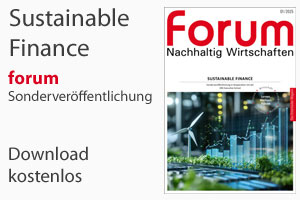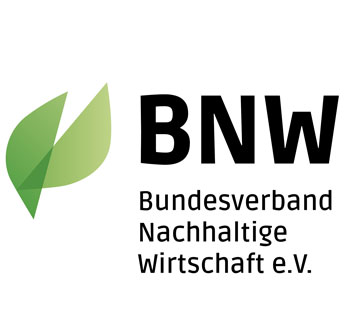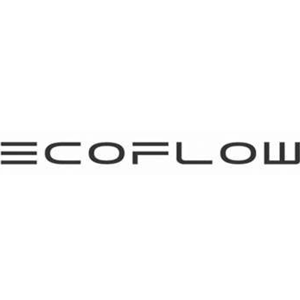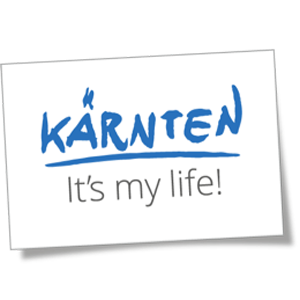Prioritizing Personal Transformation to Solve Global Crises
M.I.T. Professor Peter Senge in Dialogue with Walter Link, NOW Partners
With climate change, environmental devastation and a multitude of geo-political concerns, global crises demand our urgent attention. But if we continue to do business as usual, using our old paradigms to guide our actions, how can we develop innovative solutions that will guide us through our crises and into new paradigms?
 © Liis Luks
© Liis LuksIn ‘Peter Senge: The Heart of Transformation,’ leadership guru and M.I.T. professor Peter Senge and NOW Partners’ Walter Link discuss this seeming paradox: How can we do the personal transformation & maturation required to develop truly innovative and effective solutions to our global challenges.
Walter Link: I know that you are working exactly on trying to find how do we bring it to scale and I think that’s a conundrum that many people are working with because partly also because this becoming human, this human maturation, traditionally was a process that took time. And it seems like there’s such a sense of urgency and how can we spend time on the practices that it takes to cultivate human maturation when there are such pressing issues? So how do we address this apparent contradiction?
Peter Senge: Well, you really have two questions there. The first one is actually very easy. That doesn’t mean it’s simple or very easy to do, but it’s not complicated. How do I get the time? If it’s important, you make the time. You brush your teeth in the morning, probably, all of us do that. You could meditate for 15 or 30 minutes. Believe me, you have the time. It’s nothing to do with time. There’s only so much time, we know that. It always comes down to priorities and discipline. If you are serious and it’s really important, you do it.
"If you are serious and it’s really important, you do it."
I meditated on and off ever since I went to that first retreat when I was in college. I felt like it. An hour here, half hour there maybe three or four times a week. It was good, it was very helpful for me. And then I happened to meet a person who became a teacher for me in China. And he said, well, it’s time for you to get serious. You should meditate every day. And, as I say, you brush your teeth in the morning, I guarantee you can – I do an hour every morning and a half hour every evening. And I’m as busy as probably most anybody. You have the time. So that’s a different issue. That’s an issue. But that’s only on the surface, about time. That really is about choice.
As I say, it’s not necessarily easy but it’s a simple issue. It’s not complicated. Do we have the time? And given the urgency of the ecological and social stresses in the world. Are the things that are happening happening fast enough at a scale large enough that you could say, we have a reasonable chance of averting disaster?
Well, the truth is, we’ve got disaster right now. It’s important to recognize that. We have a billion people who don’t have clean drinking water. That’s a disaster. The World Health Organization says it could be as many as 3 billion by 2020. We have fisheries in collapse all around the world, as I said we’ve lost half the topsoil in the world. Farming communities are in distress around the world. I mean we are in a disaster right now. So you want to see what disaster looks like, we should open our eyes. No one can answer that question, do we have enough time? Nobody has crystal ball. So I think that is a totally different kind of question. It does not have an answer at all. You have to ultimately kind of hold the question, live with that question.
"To build our capacities as a team, we will need to take some time to reflect on how we work."
I think when you do, you start to realize some important dilemmas. You pointed to one right at the beginning. Let’s just take the team example. To build our capacities as a team, we will need to take some time to reflect on how we work. I mean, the first way I ever saw this done on a team who got really serious about building their capacities to reflect together, they ended their official weekly team meeting and then they took an hour afterwards. And in that hour afterwards they just spent time talking about what had happened, how they felt. All the things that you don’t normally do because you’re busy trying to solve problems. You are very task oriented. But they said, no, this really matters. So, yes, you have to create some time. There are natural rhythms in this.
 © Liis Luks
© Liis LuksIn Buddhism, Taoism, any of the spiritual cultivation traditions, there is understandings that these things do really take some time. It depends on who you are. Of course the Asians will say, it depends on your karma. If you start with this karma, it may take a long time. So regardless of whether or not you have adopted that point of view, everybody knows that it takes time. And there are natural rhythms.
"You have on the one hand this huge urgency. And then you have the developmental dynamics that always take investment and time."
So you have on the one hand this huge urgency. And then you have the developmental dynamics that always take investment and time. At an individual level, collective levels. Teams, organizations, networks.
In the food lab, for example, when they have a meeting – that network I was talking about before – so you’ve got all these NGOs and businesses, they come together once a year for a two- or three-day meeting. Now they’re doing projects all the time. So they are sharing their projects. 2/3 to 3/4 of the people will come at least one to two days early for the meeting so they can go on learning journeys. And what that means is they will go visit farmers wherever they are having the meeting. So see the reality of the agricultural sector wherever they having the meeting. And then they will spend time talking about it. And that seeing something concrete sparks a lot of things.
So the learning journeys are not really about going someplace. The learning journeys are about seeing something that normally I wouldn’t see but seeing it directly. And then what does that bring up in me? How does that evoke a different awareness? And of course you have an NGO civil rights activist or an environmental activist and a commercial person, they are going to see a different world. So that conversation that ensues afterwards – because they see totally different things – is actually why you do it in the first place.
Because you are trying to help everybody become more and more attuned to the reality of each other. That’s a cultivation practice, that’s the basic cultivation practice of teams. But you have to have the time to do it. These people feel a lot of urgency. And believe me most of them participating, they can see the urgency of transforming the global food system. But they also have come to a conviction that there is no way to do it.
"You cannot transform a system without transforming the relationships and the consciousness of the people in the system."
You cannot transform a system without transforming the relationships and the consciousness of the people in the system. So it’s a strategy. So you basically have to find things you feel are solid and useful to help in your practical work. And then you do have to create the time for them. And who knows how long it’ll take? But you basically have one of two options. Keep doing stuff that’s not working at all or try something new.
Walter Link
NOW Partners’ founding CEO. Former co-owner of Euro-Asian industrial group. Co-founder & leader of first sustainable business networks across Europe and the Americas. Advisor and coach to senior leaders in business and other sectors. Passionately committed to co-creating a regenerative economy within a regenerative civilization.
Umwelt | Klima, 15.06.2023
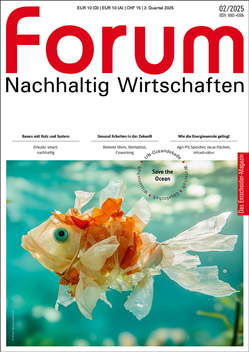
Save the Ocean
forum 02/2025 ist erschienen
- Regenerativ
- Coworkation
- Klimadiesel
- Kreislaufwirtschaft
Kaufen...
Abonnieren...
30
APR
2025
APR
2025
Franz Alt: Die Solare Weltrevolution - Aufbruch in eine neue Menschheitsepoche
In der Reihe "Mein Klima… in München"
80331 München und online
In der Reihe "Mein Klima… in München"
80331 München und online
07
MAI
2025
MAI
2025
MakerCamp Genossenschaften 2025
Genossenschaftliche Lösungen in Wirtschaft, Kommunen und Gesellschaft
65189 Wiesbaden
Genossenschaftliche Lösungen in Wirtschaft, Kommunen und Gesellschaft
65189 Wiesbaden
21
MAI
2025
MAI
2025
LVR-Kulturkonferenz 2025: Kultur. Nachhaltig. Wirtschaften.
Welchen Beitrag leistet Kultur zum wirtschaftlichen Wachstum?
47805 Krefeld
Welchen Beitrag leistet Kultur zum wirtschaftlichen Wachstum?
47805 Krefeld
Professionelle Klimabilanz, einfach selbst gemacht

Einfache Klimabilanzierung und glaubhafte Nachhaltigkeitskommunikation gemäß GHG-Protocol
Sport & Freizeit, Reisen
 Helau, Alaf, Narri Narro!
Helau, Alaf, Narri Narro!Christoph Quarch freut sich über die spielerische Aussetzung der Ordnung während der Karnevalstage
Jetzt auf forum:
Chocolate Scorecard: Die guten und schlechten Ostereier der Schokoladenindustrie
Die Region Klimaberg Katschberg setzt ein deutliches Zeichen für nachhaltigen Tourismus in den Alpen
Sind wir alle viel zu geldfixiert geworden?
The Cradle: Das erste kreislauffähige Holzhybrid-Gebäude in Düsseldorf



